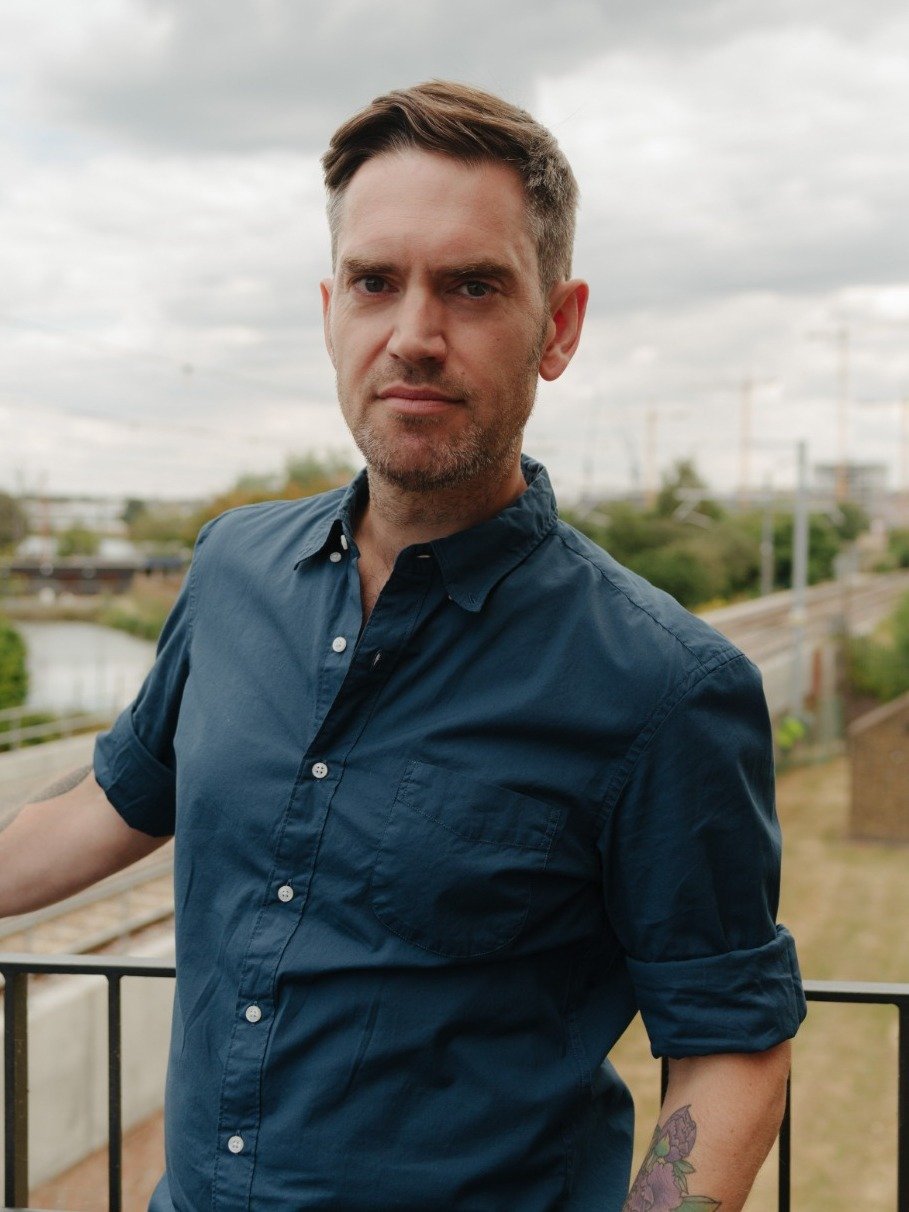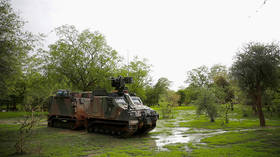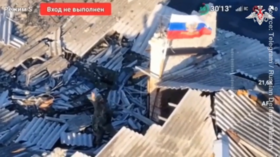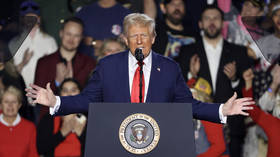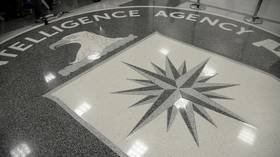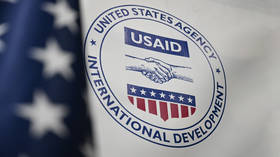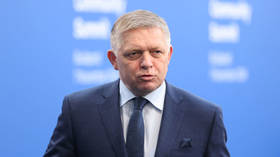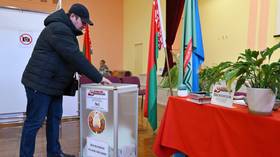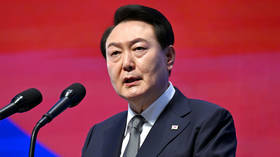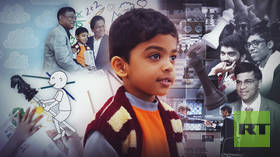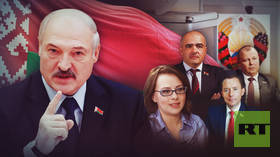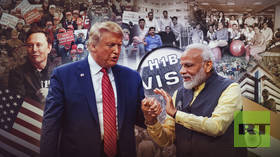How climate change is causing African jihadism and the migration crisis — Exclusive interview with documentary maker Reza Pakravan
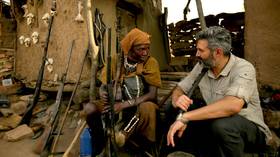
War, terrorism, poverty, mass migration, human trafficking and famine. Documentary filmmaker Reza Pakravan experienced it all when he travelled to the treacherous Sahel region of Africa - and he says there’s one major cause.
People starved of international travel at the moment might wish for some escapism, to see the world from the confines of their home. While some will drool over Instagram images of gilded beaches and infinity pools, those wanting their vicarious vacation with much more edge could do worse than to check out a new travel documentary series: The World’s Most Dangerous Borders.
It sees filmmaker Reza Pakravan travel across the Sahel, a region that stretches the breadth of Africa, skirting the Sahara desert’s southern edge. The Sahel includes some of the continent’s most troubled and treacherous countries, including Chad, Mali, Burkina Faso, Niger and Sudan. Jihadis, mass migration, human traffickers, war, extreme poverty, child labour and global warming are among the many plagues upon this land - and Pakravan, who talks to me from the slightly less perilous location of his garden shed in West London, encountered them all.
The most pressing question I have for him is: “Why?”
“In 2018, I went to Chad,” says Pakravan. “I’ve travelled in a hundred countries and what I saw in Chad really, really blew my mind - how little we know about this region, which is basically sandwiched between the Sahara and African Savannah. It’s just so behind. It was like time travel, going back hundreds of years. You see people with spears and bows and arrows, which in the rest of Africa doesn't exist anymore. Everyone's walking around with a mobile phone [in other countries], but I didn't see a single mobile phone in Chad. I decided if I really want to understand, I needed to travel all of it.”
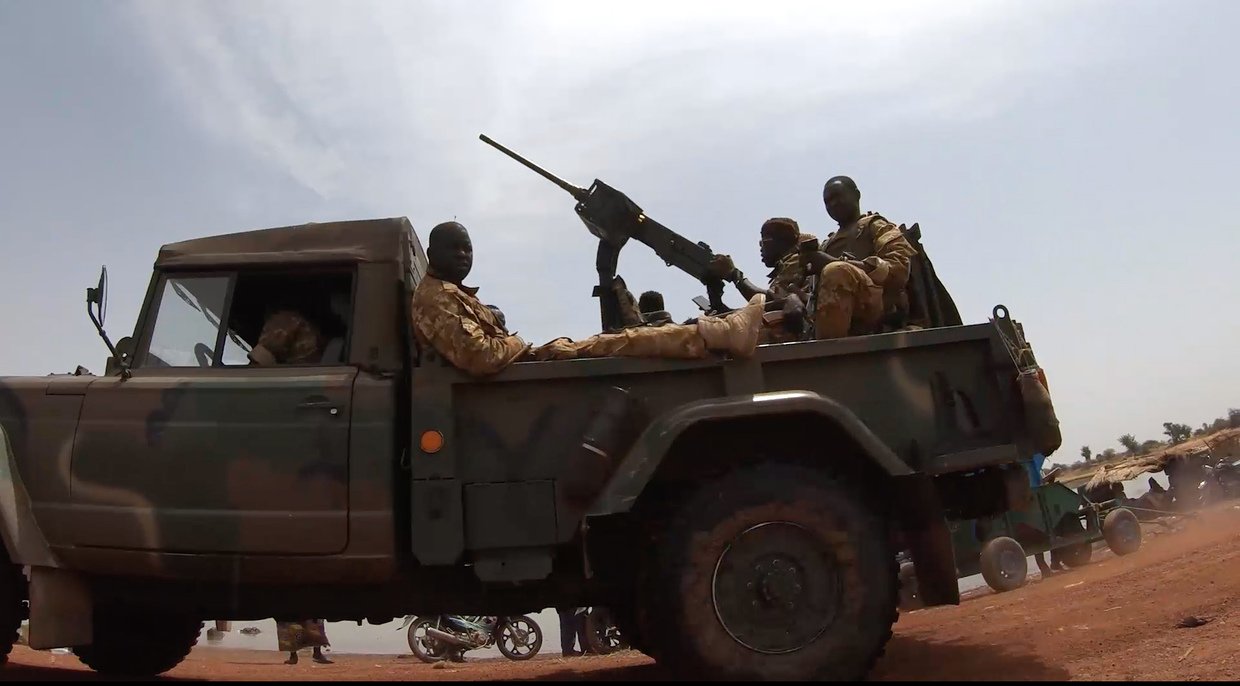
Entering Hell
And that he did, for three and a half months, journeying from west to east through nations separated by notional borders but linked by the maladies listed above.
As climate change pushes the Sahara further south, so it pushes people, causing and feeding conflict. Impoverished families live in boxes (it’s too generous to call them shacks) made from mud, wood, even plastic bags - their previous homes and lives stripped away by the destructive and murderous onslaught of jihadi militants such as Boko Haram and Al-Qaeda and the spread of the desert. Desperate migrants with nothing to lose are willing to risk their lives in an effort to escape to Europe.
It’s a cursed part of the world and Pakravan was not immune to its dangers, twice fearing for his life.
“In Niger, near the city of Agadez, human smugglers got really angry with us because we were there filming,” he says. “They lost it. They came at us. Fortunately, this military guy walked into the conflict completely by chance - the military car was passing by in the middle of the desert. God knows what would have happened otherwise.”
“Another scary part was when we entered Darfur. The president of Sudan had just been toppled, a longstanding dictator, and the country went into a state of emergency. They took us directly to the military barracks and the following day were handed over to Sudanese intelligence. We spent four days under arrest and we thought we might not see home ever again. My wife was pregnant at home and I couldn’t tell her what was happening. It was really unsettling.”
Thankfully, Pakravan was released and reunited with his family. He’s also keen to point out that, within the chaos and horror, he still found fascinating and even awe-inspiring people, places and practices.
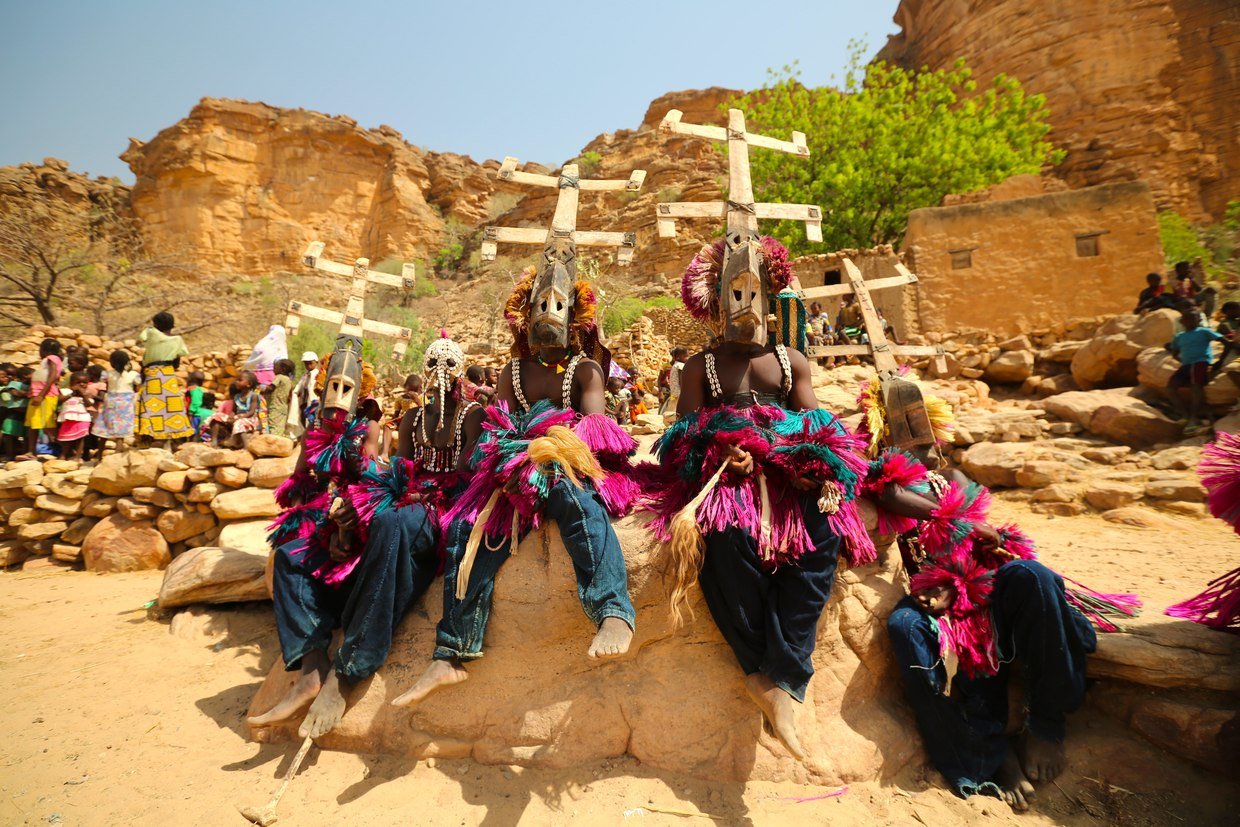
The Good, the Bad and the Deadly
In the programme, he discovers the influence of traditional animist religions (and has a freaky meeting with a ‘voodoo’ priest), he visits the Great Mosque of Djenné - the world’s largest mud building - and treks the glorious Sindou peaks in Burkina Faso. But when I ask him for the most awe-inspiring moment of his journey, he chooses something much newer.
“The most amazing thing that we saw was the Great Green Wall, which is an incredible Pan-African movement,” he says. “African countries have come together to grow a wall of trees, thousands of trees, to stop desertification. They are right at the front line of climate change. Nowhere has been hit as hard as the Sahel. Desertification has caused devastation, it’s caused mass migration, it’s caused war. All of these hand-in-hand led to mass poverty and migration. Seeing that Pan-African movement was really a moment of light.
“People with not much education and a lack of literacy, it's very difficult to tell them, when they struggle for their day-to-day food and subsistence, ‘You know, if you grow a tree right now, you’ll see the results in like 10 years time.’ But to my surprise, people were really aware of it. People really believe in the Great Green Wall.”
Pakravan doesn’t come across as the tree-hugging type, but climate change is an indisputable fact and he’s convinced that it’s the single biggest cause of the region’s issues. Connecting global warming with war and Islamist militantism might not make immediate sense, but it does if you think about it. It makes perfect sense. In fact, even the UK’s Ministry of Defence - hardly Extinction Rebellion - issued a report this year in which it asserted that climate change was a threat to “international peace and security.”
As mentioned, the desert is spreading and making farming all but impossible. So entire populations move southwards to, literally, pastures new. These pastures aren’t empty, though, and the new arrivals displease the existing occupants. This sparks conflict and spawns poverty, and such troubles are the kinds of prey that the jihadis like to feed on. The link, according to Pakravan, is simple.
“If you have nothing and someone comes and gives you something, you would grab it with both hands,” he says. “So if you are in Lake Chad, your pasture has been consumed by desert, the lake that’s been the freshwater source available to you and your ancestors is disappearing, and you have no means to feed your family. Taking advantage of this situation is so easy. You just come over, give them some promises, maybe ‘Come to Nigeria and we'll give you food, we'll give your children an education. You will have a great future.’
“Al-Qaeda, in Northern Mali, they go to small villages that have basically nothing, they’re suffering from poverty, they have to migrate. They say, ‘Here, we’ll build you a mosque, here's a little money. Come to a few sessions, have a little gun.’ Then it’s, ‘That guy's an enemy. Just go and kill that guy. We'll give you extra.’ They’re really taking advantage of the situation.”
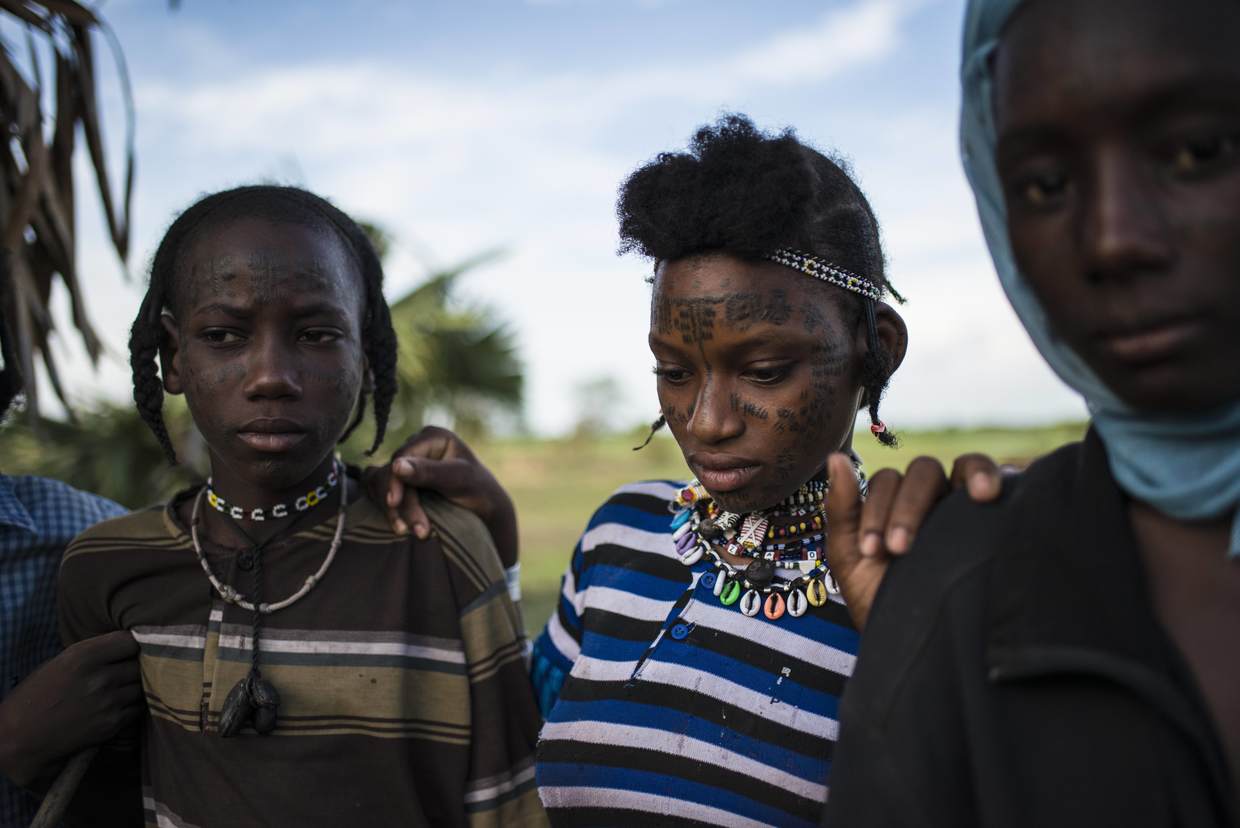
Creating a crisis
These problems are having a very serious and direct impact on Europe by fuelling the migration crisis. Having been moved within Africa by desertification, the subsequent wars and terrorism, that devastate on a biblical scale, then force these desolate souls to seek refuge beyond the continent.
Many people and politicians are quick to dismiss people coming from countries in sub-Saharan Africa as ‘economic migrants’. It depends on how you view economics. Are they looking for a better life in Europe? Yes. Are they fleeing an even moderately comfortable existence to do so? No. As Pakravan discovered, for the (mostly) young men travelling from around Africa through Niger to Libya, death is a better alternative to living in their own countries.
In the film, before Pakravan’s terrifying encounter with the traffickers, we see these young men sat awkwardly in the back of pickup trucks, a few litres of water and a stick to hold onto their only lifelines on a three-day journey through the desert. Except the lifelines don’t always work - and that’s before they get anywhere near the sea.
“Some fall down in the desert and die,” says Pakravan. ”A few migrants were saying they have to bury their comrades in the middle of the desert because of the dehydration. It’s not an easy journey. They’re completely desperate.”
There’s plenty of ‘Western’ influence in that part of the world. UN and EU logos are common. Sometimes there’s well-meaning aid, sometimes the aid is there to facilitate more self-interested goals. European countries still try to police a region that they colonised and raped for centuries.
Pakravan is convinced that, if they want to stem the flow of migrants and starve terrorist groups of influence and hapless recruits, they are concentrating resources in the wrong areas.
“You’re pouring huge amounts of money into North Africa to stop migration,” he says. “French soldiers are based in the north of Niger trying to police a desert that’s impossible to police. The smugglers know the desert better than French forces.
“I've seen UK aid, USA aid, the European Union’s and many more. There’s the IOM (International Organization for Migration), which has lots of funding. There's lots of great development work, but at the same time, I think we’re just dealing with the symptoms rather than the cause.”
The World’s Most Dangerous Borders is available to download now and on Amazon Prime Video from November 27th
The statements, views and opinions expressed in this column are solely those of the author and do not necessarily represent those of RT.
